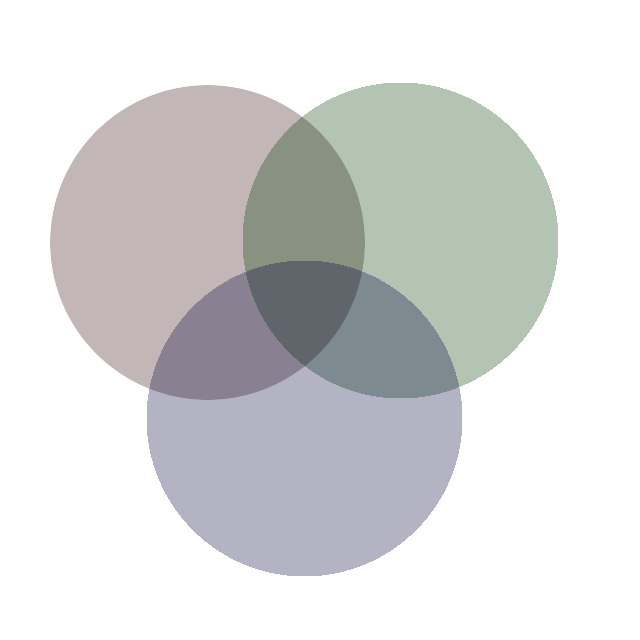Methods for Collecting Large-scale Non-expert Text Coding
I finally got around to uploading a paper on the research I have been doing for the past year on using large-scale, non-expert, coders to derive data from political text. Enjoy!
Methods for Collecting Large-scale Non-expert Text Coding
The task of coding text for discrete categories or quantifiable scales is a classic problem in political science. Traditionally, this task is executed by qualified ``experts''. While productive, this method is time consuming, resource intensive, and introduces bias. In the following paper I present the findings from a series of experiments developed to assess the viability of using crowd-sourcing platforms for political text coding, and how variations in the collection mechanism affects the quality of output. To do this, the labor pool available on Amazon's Mechanical Turk platform were asked to identify policy statements and positions from a text corpus of party manifestos. To evaluate the quality of the the non-expert codings, this text corpus is also coded by multiple experts for comparison. The evidence from these experiments show that crowd-sourcing is an effective alternative means to generating quantitative categorization from text. The presence of a filter on workers increases the quality of output, but variation on that filter have little affect. The primary weakness of the non-experts participating in these experiments is their systematic inability to identify texts that contain no policy statement.
Full paper available for download at SSRN
